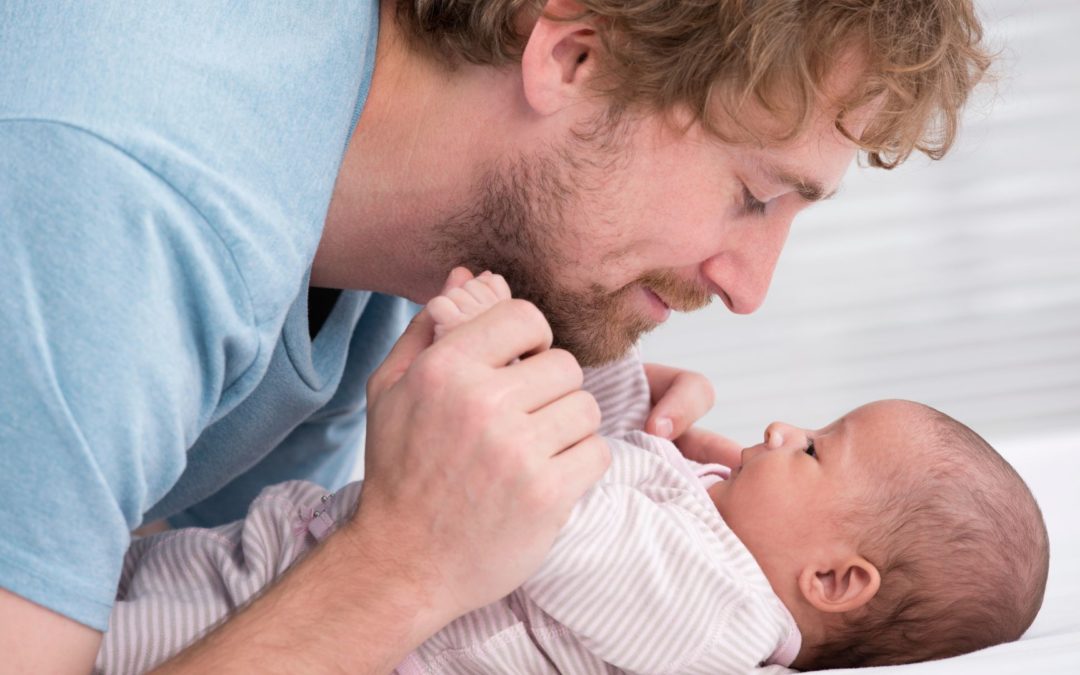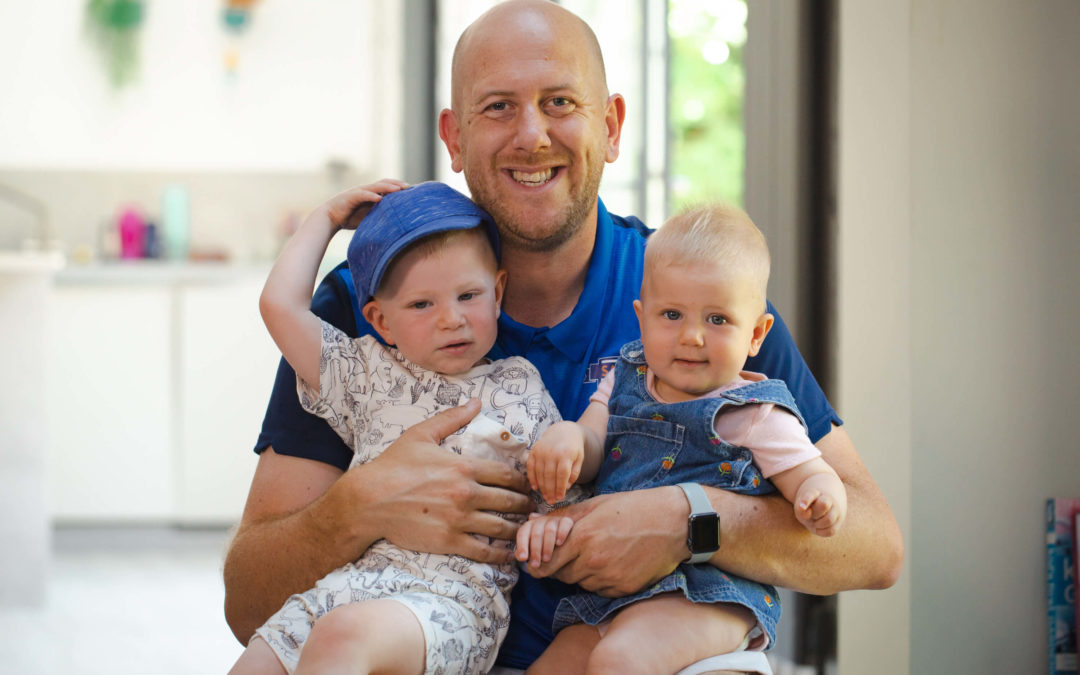From common physical defects to more serious illnesses, Dad Info looks at the main medical conditions that can affect newborn babies…
There are around 670,000 babies born in the UK every year. Most are born healthy or with conditions that are extremely common and easy to treat. Even if there is a more serious problem, modern healthcare usually has the solution and support to help you and your new family.
The main conditions that affect babies are listed below, and you may like to read about other common baby illnesses.
Undescended testicles (Cryptorchidism)
Found in three to four per cent of full-term (nine months) and 30 per cent of premature males, cryptorchidism is the absence of one or more of the testes from the scrotum. The affected testis doesn’t drop down into the scrotal sack and becomes stuck in the abdomen. There is a chance that it will descend naturally over time but if not treatment usually involves an operation within 18 months.
Cleft lip or palate (also known as a hare lip)
One of the most common physical defects, a cleft palate occurs when the upper lip or roof of the mouth does not fuse before birth leaving an opening on or in the mouth. It can be repaired easily through surgery but there is usually some superficial scarring.
Club foot
Club foot occurs when the baby’s feet are twisted in and down so that the soles of the feet are facing each other or turned up towards the body. It affects around one in 1000 babies.
Treatments vary depending on the individual case- sometimes a series of plaster casts are used to stretch the feet into the right position or in the worst cases it will require orthopaedic surgery. Treatment can take up to two years.
Hip dislocation
Also known as developmental dysplasia of the hip (DDH), this can take place in the womb or can be acquired during a difficult birth. DDH occurs in approximately one in 1,000 babies and is ten times more likely to affect girls.
It is treated either through traction, where a special plaster cast is fitted to realign the hip or with a harness.
Spina bifida
Affecting around one in 2500 babies, spina bifida is caused by a failure of the brain and spinal cord to develop properly during early pregnancy.
It ranges in severity but usually causes a spinal lesion, requiring an operation and causing problems with muscular, bladder and bowel control.
Cerebral palsy
Caused by abnormal development of the brain, lack of oxygen, injury before the birth or infection. The term cerebal palsy covers various disorders affecting posture and movement.
A quarter of all children with cerebral palsy have learning difficulties. There is no treatment for the condition but there is a range of therapies that can improve the child’s quality of life.
Congenital heart problems
Usually coming in the form of congenital heart defects (CHD), where the structure and/or vessels in the heart are not formed properly, or as congenital heart disease. The British Heart Foundation estimates that 4,600 babies are born in the UK with CHD every year.
Around 60 per cent of cases are detected through an ultrasound scan and treated before birth. Treatment in newborns varies according to the nature and seriousness of the problem.
HIV
British women are routinely offered blood tests for HIV during their pre-natal care. There are now ways of preventing HIV from being transmitted to the newborn baby.
Hereditary conditions
If either you or your partner has a family history of inherited disease, you should be offered a blood test to diagnose whether your baby is at risk. The main types of hereditary diseases are:
- Dominant Gene Disease – Examples: Huntington’s, achondroplasia, myotonic dystrophy. If the gene is carried by one of the parents there’s a 50 per cent chance your baby will inherit it.
- Recessive Gene Disease – Examples: cystic fibrosis, sickle cell disease – most common among African & Caribbean parents. If both parents are carriers there is a one in four chance the baby will be affected (and a two in three chance they’ll be a healthy carrier)
- X-linked Gene Diseases – Examples: haemophilia, muscular dystrophy. If the mother is a carrier the child has 50 per cent chance of inheriting it. If the father is the carrier, his daughter will be affected but not his son.
- Tay-Sachs – Degenerating neurological disorder most commonly carried by couples of Ashkenazi Jewish origin (one in 30 carriers, compared with 1 in 300 in general population).
Chromosomal problems
A healthy baby should inherit 46 chromosomes. An additional chromosome means thousands of extra genes; a missing chromosome means thousands of missing genes.
These abnormalities cause the following problems:
- Down’s syndrome – Caused by the baby inheriting extra copy of chromosome 21. The risk of Down’s syndrome increases in older women. Between the ages of 20 – 25 it’s one in 1500 and at 44 years and over the risk increases to one in 30.
- Extra sex chromosome – Affects one in 1,000. This usually goes undiagnosed but males with an extra X chromosome are infertile.
- Translocations – Where pieces of a chromosome have been broken off or swapped with another. It affects one in 500. If the baby inherits this defective gene it can cause a miscarriage, physical problems and learning difficulties.
Meningitis
Most babies arrive healthy (half have neonatal jaundice, which usually clears up quickly). The worst-case scenario is meningitis, an inflammation of the membranes lining the brain and spinal cord.
Symptoms include a rash of reddish-purplish spots that don’t go away if pressed, a bulging soft spot on top of the head, sensitivity to light, fever, vomiting and a refusal to feed. It can be fatal (particularly meningitis C) and bacterial meningitis can cause deafness. So contact your doctor immediately.
Your baby will be vaccinated three times in the first four months – each time against meningitis C and each time a five-in-one jab against HIB (the bacteria that cause meningitis), polio, tetanus, whooping cough and diphtheria. At 12-15 months you’ll offered the combined MMR vaccine (against measles, mumps and rubella).








